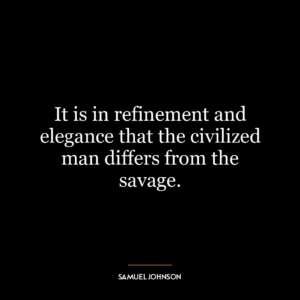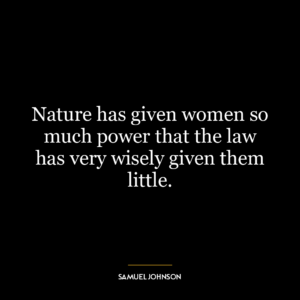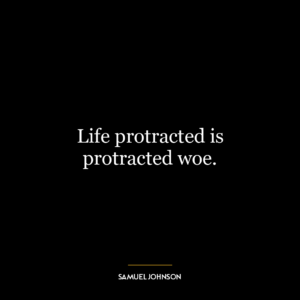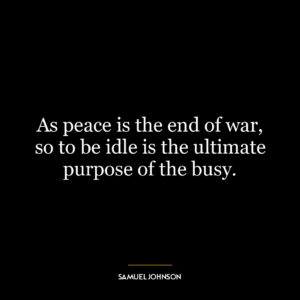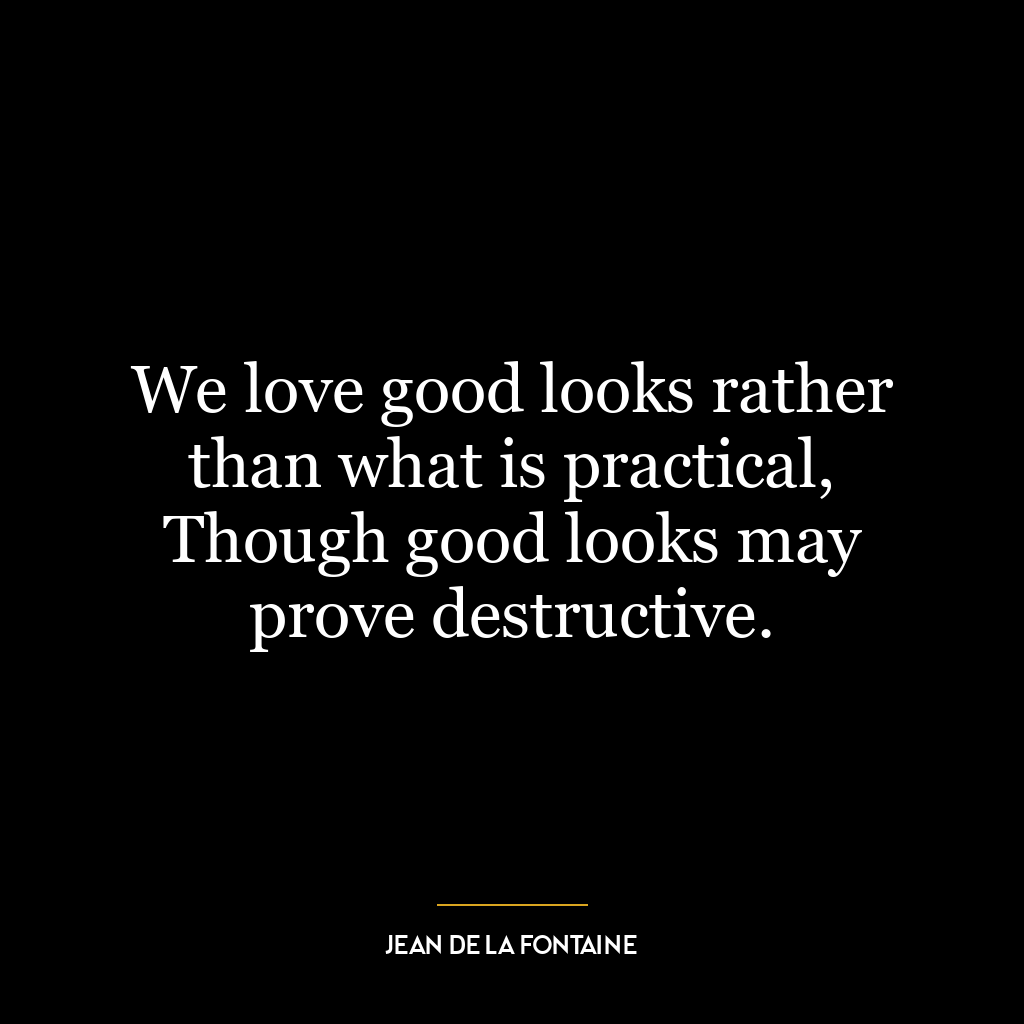“A vow is a snare for sin” suggests that making a vow, or a solemn promise, can frequently enough lead to sin or wrongdoing.This is as when we make vows, we are setting expectations and creating obligations for ourselves. If we fail to fulfill these promises, we may end up lying, deceiving others, or even harming ourselves in the process.
The quote implies that vows are inherently risky because they involve projecting our current intentions into an uncertain future. We cannot control every circumstance that might affect our ability to keep the promise. Thus, by making a vow, we might potentially be setting ourselves up for failure and the moral implications it entails.
In today’s world where accountability and commitment are highly valued traits – in personal relationships as well as professional ones – this quote can serve as cautionary advice against making promises lightly.It encourages us to consider carefully before committing ourselves to something; whether it’s promising to meet deadlines at work or vowing loyalty in a relationship.
From a personal development outlook, this quote could be interpreted as promoting self-awareness and mindfulness of one’s actions and decisions. It urges individuals not just to focus on their immediate desires but also consider potential future consequences of their commitments.
Additionally, it could also encourage individuals not just simply avoid making vows altogether but instead strive harder in fulfilling them so they don’t fall into ‘sin.’ This can help develop resilience and integrity – traits valuable both personally and professionally.So while “a vow is a snare for sin” might initially sound like discouragement from commitment entirely; with deeper consideration it reveals itself more as guidance towards thoughtful decision-making about what commitments one makes – ensuring they’re realistic given unpredictable futures – coupled with an encouragement towards greater effort in honoring those commitments once made.



